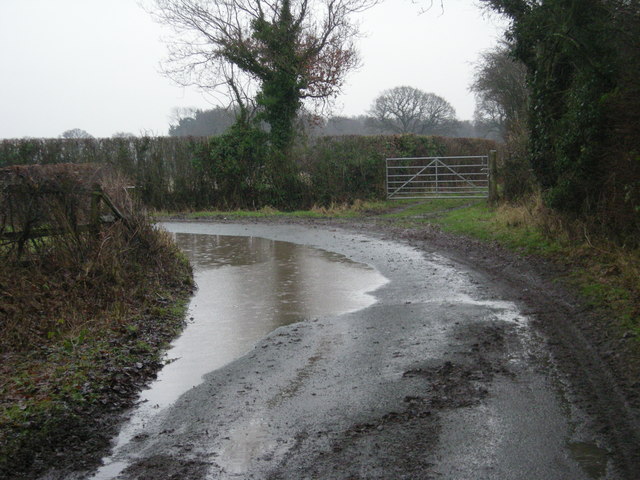
The UK is currently being swept by thunderstorms, strong winds, and hail, prompting warnings of flash flooding from the Met Office. The storms are a result of warm and humid air that has
prevailed throughout the week. A yellow weather warning has been issued for England, Wales, Scotland, and Northern Ireland, extending into Monday for some areas. Meteorologists predict that the most severe storms could bring as much rainfall as would typically be seen in a whole month within just a few hours. Despite the stormy conditions, temperatures are expected to remain high, with some areas reaching highs of 29°C (84°F).
The Met Office has cautioned that rapid flooding is possible, with certain areas potentially experiencing up to 80mm of rainfall in just one hour on Sunday. Power cuts may also occur as a result of the storms. The weather warning covers most of England, Wales, and the western part of Northern Ireland from noon until late evening on Sunday. Northern England and southern Scotland are also under a yellow weather warning for rain, with a risk of spray, flooding, difficult driving conditions, and potential road closures.
Furthermore, the Met Office has issued additional yellow warnings for heavy rain and the risk of flooding in northern England and a significant portion of Scotland for Sunday night and Monday morning. BBC Weather's Matt Taylor emphasized that the nature of thunderstorms means that weather conditions can vary significantly over short distances, with some areas remaining dry while others experience severe storms with torrential rain, hail, and frequent lightning. He advised that thundery rain will become more widespread in northern and eastern England before moving into Scotland.
This stormy weather follows a week of high temperatures, which led to heatwave conditions across many parts of the UK. The heatwave has been challenging for hay fever sufferers and has exacerbated asthma attacks. Social media platforms have been flooded with complaints about severe hay fever symptoms this year. According to Grahame Madge, a spokesperson for the Met Office, the dry conditions in recent weeks have caused grasses to release large amounts of pollen into the air, intensifying the hay fever season.
Despite the storms, the heatwave is expected to persist. On Saturday, the highest temperature of the year so far, reaching 32.2°C, was recorded at Chertsey Water Works in Surrey. As a result of increased water demand in June, South East Water issued a hosepipe ban in Kent and Sussex after stating that it had no choice due to "record levels" of water consumption. Some customers have been without water or experiencing low pressure since Monday due to supply issues.
As the world continues to experience climate change, heatwaves are becoming more frequent and intense. Human-induced climate change has already caused a global temperature increase of about 1.2°C since the beginning of the industrial era, and temperatures are projected to rise further. Photo by Row17, Wikimedia commons.




































